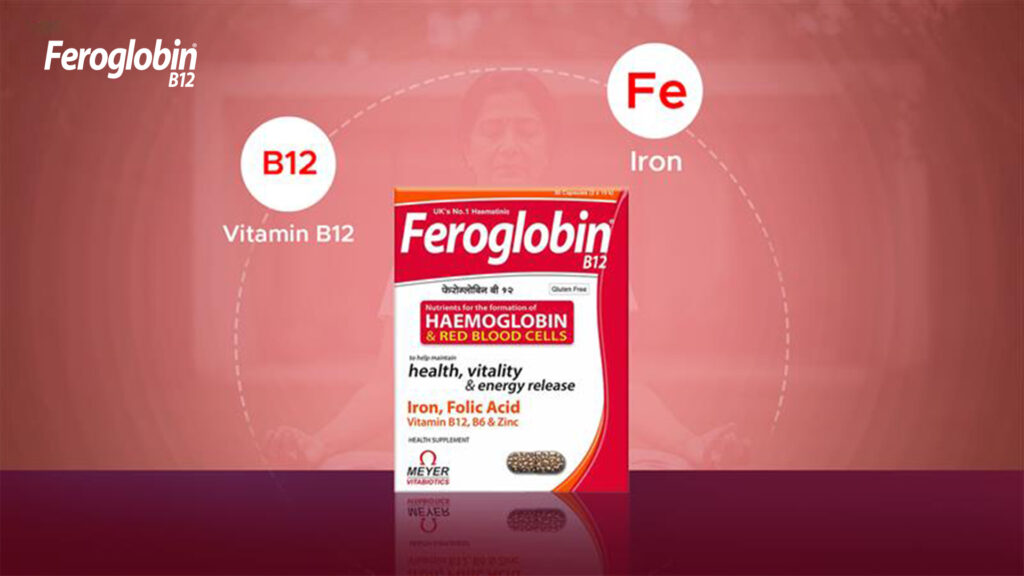Uses of Vitamin D3

Vitamin D
Vitamin D is a fat-soluble vitamin that is naturally present in a few foods and available as a dietary supplement. It is also produced when ultraviolet (UV) rays from sunlight strike the skin and trigger vitamin D synthesis. Vitamin D promotes calcium absorption in the gut and is also needed for bone growth and bone remodeling by osteoblasts and osteoclasts. Vitamin D has other roles in the body, including reduction of inflammation as well as modulation of such processes as cell growth, neuromuscular and immune function, and glucose metabolism. Vitamin D status is assessed by measuring serum 25(OH)D concentrations.
There are several forms of vitamin D, these include Vitamin D1, Vitamin D2, Vitamin D3, Vitamin D4 and Vitamin D5. The two major forms are vitamin D2 or ergocalciferol, and vitamin D3 or cholecalciferol. These are known collectively as calciferol. Calcitriol is the active metabolite of vitamin D mediates its biological effects by binding to the vitamin D receptor (VDR), which is principally located in the nuclei of target cells.
Sources of Vitamin D
Food
There are some foods that naturally contain vitamin D. The flesh of fatty fish and fish liver oils are among the best sources. An animal’s diet affects the amount of vitamin D in its tissues. Beef liver, cheese, and egg yolks have small amounts of vitamin D, primarily in the form of vitamin D3 and its metabolite 25(OH)D3. Mushrooms provide variable amounts of vitamin D2. Fortified Foods such as milk, orange juice, butter and cheese are also good sources of vitamin D
Sun exposure
Vitamin D is produced in skin when it is exposed to ultraviolet light of wavelength between 270-300 nm
Supplements
Vitamin D supplements can contain vitamins D2 or D3. Vitamin D2 is manufactured using UV irradiation of ergosterol in yeast, and vitamin D3 is produced with irradiation of 7-dehydrocholesterol from lanolin and the chemical conversion of cholesterol. In addition, most steps in the metabolism and actions of vitamins D2 and D3 are identical. However, most evidence indicates that vitamin D3 increases serum 25(OH)D levels to a greater extent and maintains these higher levels longer than vitamin D2, even though both forms are well absorbed in the gut.
Vitamin D Deficiency
Vitamin D deficiency usually occurs when the exposure to sunlight is limited, the kidneys cannot convert 25(OH)D to its active form, or absorption of vitamin D from the digestive tract is inadequate. Vitamin D Deficiency is also common in people who have milk allergy or lactose intolerance and those who are on vegan diet, as these diets have low vitamin D levels.
Vitamin D deficiency usually leads to rickets in children. In addition to bone deformities and pain, severe rickets can cause failure to thrive, developmental delay, hypocalcemic seizures, tetanic spasms, cardiomyopathy, and dental abnormalities.
Vitamin D deficiency can lead to osteomalacia, resulting in weak bones in adults. Signs and symptoms of osteomalacia are similar to those of rickets and include bone deformities and pain, hypocalcemic seizures, tetanic spasms, and dental abnormalities.
Health Benefits of Vitamin D
Bone health and osteoporosis
Long-term deficiency of vitamin D makes your bones fragile and fracture easily. This condition is termed as osteoporosis. Most of the older women and men have osteoporosis and are at risk of developing this condition. Muscles are also important for healthy bones because they help maintain balance and prevent falls. A shortage of vitamin D may lead to weak, painful muscles. Getting recommended amounts of vitamin D from foods and supplements, assists in maintaining healthy bones and prevent osteoporosis.
Heart disease
Vitamin D is important for a healthy heart and blood vessels and for normal blood pressure. Studies show that vitamin D supplements might help reduce blood cholesterol levels and high blood pressure two of the main risk factors for heart disease.
Depression
Vitamin D is required for your brain to function properly. Some studies have found links between low levels of vitamin D and an increased risk of depression.
Type 2 diabetes
Vitamin D plays a role in glucose metabolism. It stimulates insulin secretion via the vitamin D receptor on pancreatic beta cells and reduces peripheral insulin resistance through vitamin D receptors in the muscles and liver. Vitamin D might be involved in the pathophysiology of type 2 diabetes through its effects on glucose metabolism and insulin signaling as well as its ability to reduce inflammation and improve pancreatic beta-cell function.
Multiple sclerosis
Many studies links between low blood vitamin D levels and the risk of developing Multiple Sclerosis.
Categories
- Beauty, Hair, Skin (19)
- Kids-Teens Health (3)
- Men's Health (14)
- Mind-Body (62)
- News-Research (9)
- Others (2)
- Women's Health (22)
Top Selling Products
Wellwoman 50+ multivitamins for women over age 50 years with Vitamins, Iron, calcium, amino acids to support menopausal symptoms, maintain energy, Vision & Heart health| Vegetarian 30 Tablets
₹516.80 (₹17.23/Tablet)
MRP: ₹646.00 (Upto 20% off)
Wellman 70+ Multivitamin Tablets | Ginseng, Pumpkin Extract & Citrus Bioflavonoids | Supports Health & Vitality | Boosts Vision, Immune System & Cognitive Function | 30 Veg Tablets
₹379.20 (₹12.64/Tablet)
MRP: ₹474.00 (Upto 20% off)
Wellman 50+ Multivitamin Tablets for Men Aged 50+ | Ginseng, Citrus & Amino Acids | Support Health & Vitality | Boost Cognitive & Immune Function | Reduce Tiredness & Fatigue | 30 Veg Tablets
₹360.00 (₹12.00/Tablet)
MRP: ₹450.00 (Upto 20% off)
Wellwoman 70+ Multivitamins For Women Over Age 70 With Biotin, Isoflavones, Zinc, Vitamind To Support Physical & Mental Health, Improve Cognitive Function & Energy Levels Vegetarian 30 Tablets
₹374.40 (₹12.48/Tablet)
MRP: ₹468.00 (Upto 20% off)
Wellman Multivitamin Tablets for Men – 21 Nutrients – Boost Immunity, Support Reproductive Health & Energy Levels – Gluten-Free, Vegetarian – 30 Tablets
₹350.40 (₹11.68/Tablet)
MRP: ₹438.00 (Upto 20% off)










